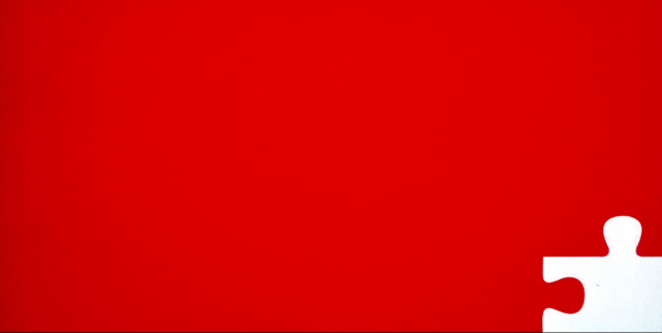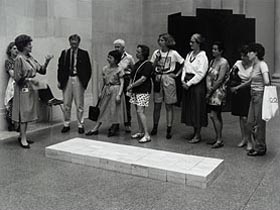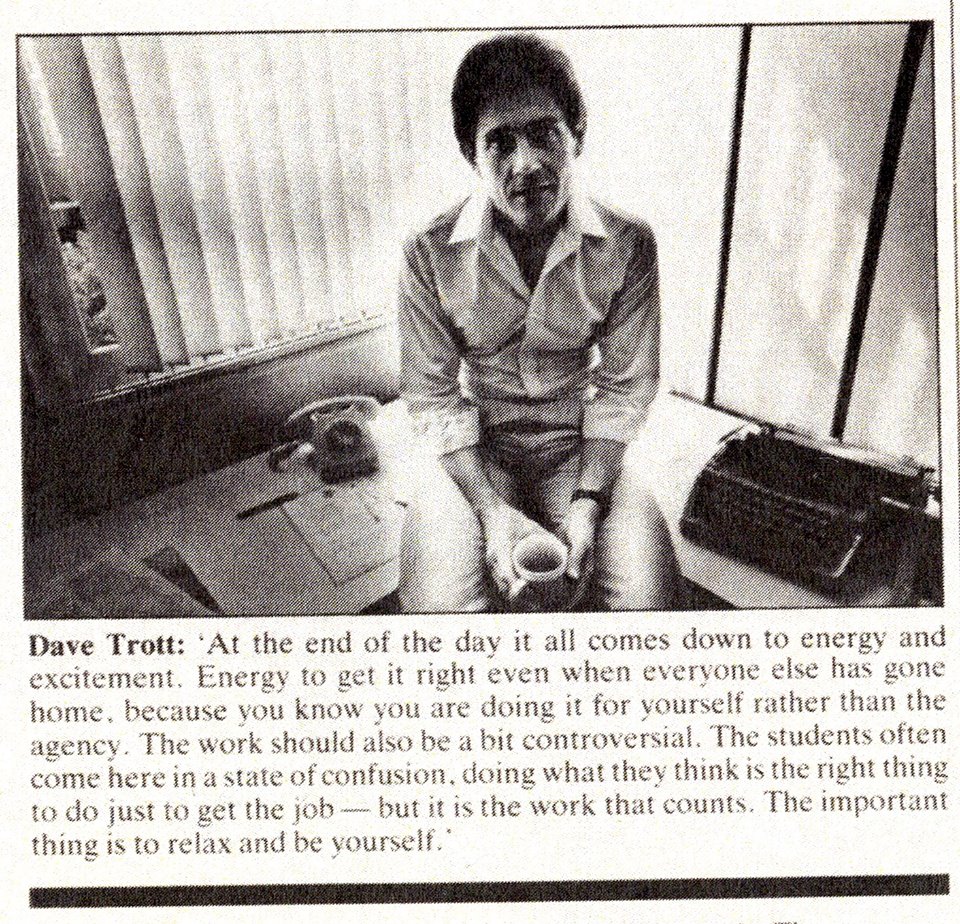Hiding the cash in plain sight
I was listening to this football podcast the other day. It’s an interesting analysis of why Jose Mourinho’s appointment as the new manager of Man United makes a certain kind of sense that may not be immediately apparent to the majority of football fans.
(For those of you who aren’t into football, allow me to give you a quick background to this situation: cast-iron, 24-carat thundercunt, Jose Mourinho has been a ridiculously successful manager, winning league titles wherever he goes, and occasionally the Champions League, too. He’s also been a toxic mess, sacked three times for being shit after he was good, and for creating schisms and hatred amongst his players, then leaving the clubs in quite a mess. By now everyone knows what they get from appointing him: a desperately insecure man who has to make every situation about himself, while throwing scoolground-level barbs at other players and managers. He also creates teams that occasionally play very good football, but more often simply spoil things for the other team, creating fucking boring games that are played by some of the most skilful players in the world.)
Anyway, the podcast suggests that actually managing a football club (not just the team, but the entire enterprise) to trophy-winning success is a very difficult thing to do. What is much easier is to spend a ridiculous amount of money on ‘star’ players and managers to keep people watching all over the world. Maybe Man U will win things with Mourinho; maybe they won’t, but it doesn’t actually matter because the aim of Man U’s Executive Vice-Chairman is to make money off the ‘brand’. If Man U stay ‘big’ then they can leverage sponsorship and other commercial deals to ensure that the cash flows in, no matter what happens on the pitch. They’ll probably spend another £100m-£200m this year, taking player spending in the last few years to over £400m. But if that nets them £800m in deals, it’s all good.
The men who took over Manchester United several years ago are the Glazer family, who actually leveraged the money they needed to buy the club against the club itself, leaving it in colossal debt, which they’ve been paying off ever since. But apparently that doesn’t matter because it hasn’t affected team spending, and the Glazers appear to be cool with doubling down on that stance by making it ALL about the money. Football has been big business for a couple of decades now, but this situation is simply growing beyond anyone’s imagination.
So Man U are playing a different game: use the football to bring in the money, which is the opposite of the previous practice of bringing in money to support the football. And this is all a longwinded way of saying that people may not be playing the game you think they are. Does BBH’s transition to a ‘Sports Management’ agency that doesn’t seem to give a toss about TV ads a new way of playing a different game that has nothing to do with great work? Does Martin Sorrell give the first toss about how good his companies’ ads are if they’re making loads of cash in other ways? (Last year I spookily asked if WPP was following the model of a football club, kind of the flipside to this post.)
In these days of huge amounts of cash and power sloshing around in channels of subterfuge it’s hard to know exactly why trusted institutions are behaving in unexpected ways, but it really just comes down to that quote from All The President’s Men: follow the money.
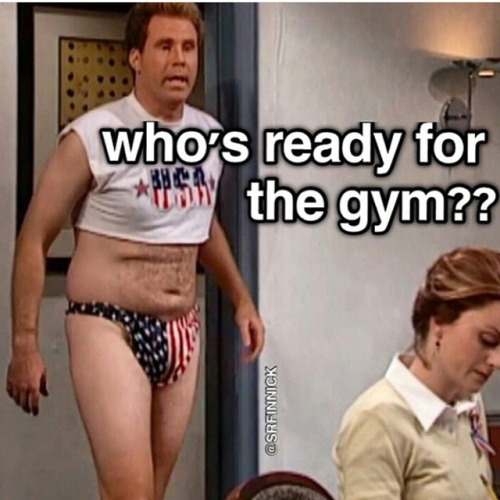
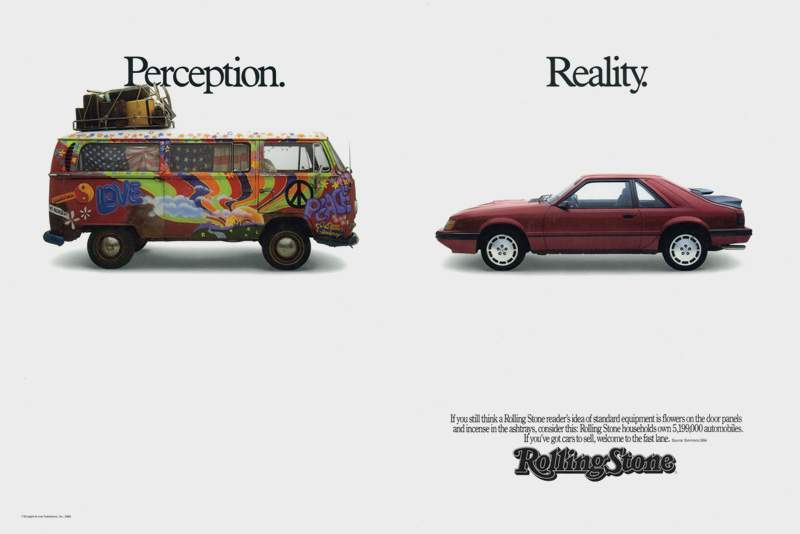
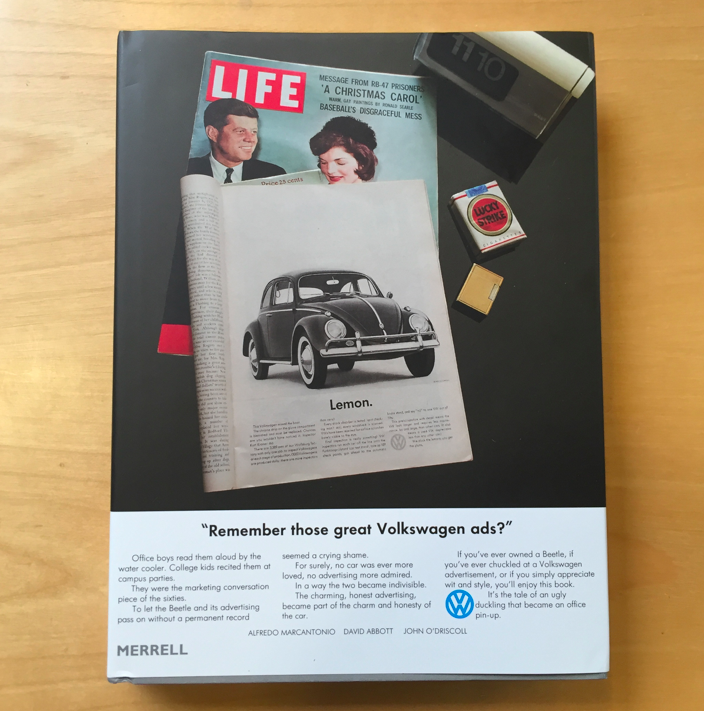 The utterly wonderful and excellent book on old VW ads is back, bigger, better and more complete.
I'll let one of its authors, the great Alfredo Marcantonio, take up the story of the new edition:
The utterly wonderful and excellent book on old VW ads is back, bigger, better and more complete.
I'll let one of its authors, the great Alfredo Marcantonio, take up the story of the new edition:
